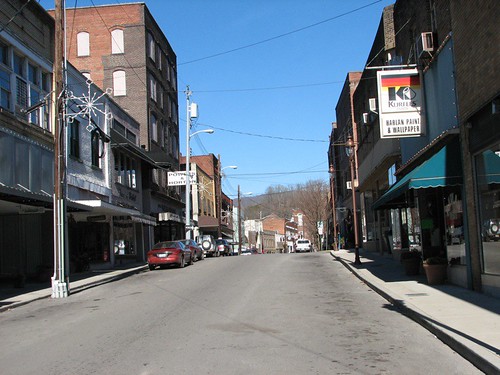Legendary Kentucky author, farmer and academic Wendell Berry contributed the following piece to the Appalachia-focused issue of the Solutions Journal: For more than 100 years the coal-producing counties of eastern Kentucky have been dependent on the coal industry, which has dominated them politically and, submitting only to the limits of technology, has come near to ruining them. The legacy of the coal economy in the Kentucky mountains will be immense and lasting damage to the land and to the people. Much of the damage to the land and the streams, and to water quality downstream, will be irreparable within historical time. The lastingness of the damage to the people will, to a considerable extent, be determined by the people. The future of the people will, in turn, be determined by the kind of economy that may come to supplement and finally to replace the economy of coal. Contrary to my own prejudice and sense of caution, I am going to yield here, briefly, to the temptation to talk about the future. In talking about the future, wishes have a certain standing. My wish for eastern Kentucky, as for the rest of the state, is that the economies of the future might originate in the local use of local intelligence. The coal economy, by contrast, has been an imposed economy, coming in from the outside and also coming down from the high perches of wealth and power. It is the product of an abstracting industrial and mercenary intelligence, alien both...



